Air Conditioner Capacitor
₹699.00 Original price was: ₹699.00.₹499.00Current price is: ₹499.00.
What is an Air Conditioner Capacitor?
An air conditioner capacitor is an essential electrical component that plays a crucial role in the operation of an HVAC system. Capacitors are passive electrical devices that store and release electrical energy, functioning based on the principles of electromagnetism. In an air conditioning system, capacitors are primarily used to provide the necessary starting torque for compressor motors and to regulate the operation of fan motors. This integral component enables the smooth functioning of various electrical parts within the unit, ensuring efficient cooling performance.
The basic working principle of a capacitor involves the storage of electrical energy in an electrostatic field. When voltage is applied, an electric charge accumulates on the plates of the capacitor, which can then be released when needed. This stored energy is particularly beneficial during the initial startup phase of an air conditioning system. Capacitors provide a significant boost of energy, allowing the compressor and fan motors to overcome inertia and initiate operation. Without adequate capacitance, an AC unit may experience difficulties starting, resulting in strain on the electrical components and potential failure over time.
In air conditioners, two primary types of capacitors are commonly utilized: start capacitors and run capacitors. Start capacitors are designed to deliver a quick burst of energy to kickstart the motor, whereas run capacitors provide a steady flow of power to maintain the motor’s operation. The presence of these capacitors not only ensures effective motor performance but also improves energy efficiency within the air conditioning system. Consequently, understanding the critical functions of air conditioner capacitors sheds light on their importance in maintaining reliable and efficient HVAC operations.
Types of Air Conditioner Capacitors
Air conditioning systems utilize various types of capacitors, including start capacitors, run capacitors, and dual run capacitors, each serving different purposes within the system. Understanding these types is essential for effective maintenance and repairs.
Start capacitors are designed to provide the initial surge of energy needed for the compressor and the fan motor to start running. These components store electrical energy and release it rapidly to give the motor the necessary boost. Typically, start capacitors are used in systems that require a high starting torque, making them crucial for the efficient functioning of air conditioning units, especially during hot weather when the demand for cooling increases.
Run capacitors, on the other hand, are involved in the continuous operation of the motor once it has started. These capacitors provide a steady flow of energy that ensures the motor runs smoothly and efficiently over time. Unlike start capacitors, run capacitors are designed to remain in the circuit continuously as long as the unit is operational. This contributes to maintaining a consistent energy supply, which in turn enhances the overall efficiency of the air conditioning system.
Dual run capacitors combine the functions of both start and run capacitors into a single unit. They are commonly found in residential air conditioning systems where both compressor and fan motors are powered by a single capacitor. This type of capacitor simplifies installations and reduces the number of components, leading to decreased maintenance needs.
Identifying the correct type of capacitor for repairs or replacements is crucial. It requires understanding the specific needs of the air conditioning system and reviewing the manufacturer’s specifications. Proper identification ensures that the system operates efficiently and effectively, reducing the likelihood of future breakdowns. Choosing the right capacitor improves energy efficiency, which is vital for operating costs and environmental considerations.
Signs of a Failing Capacitor
Recognizing the signs of a failing air conditioner capacitor can prevent significant issues and costly repairs. A capacitor is crucial for the function of your air conditioning system, as it stores energy and helps in starting the compressor and fan motors. Therefore, it is essential to be aware of the common symptoms indicative of a failing capacitor.
One of the most noticeable physical signs is swelling or bulging of the capacitor casing. When a capacitor begins to fail, it may exhibit signs of internal pressure buildup, leading to deformation of its exterior. Another physical indicator could be leakage, where you may observe a brownish or oily substance seeping from the capacitor, often signaling serious damage. If you encounter these signs, it is advisable to disconnect the unit immediately and consult a professional technician.
Operational symptoms are equally important to monitor. You may notice unusual noises, such as humming or clicking sounds, which can suggest that the capacitor is struggling to perform its duties. Difficulty in starting the air conditioning unit may also arise, particularly if it takes longer than normal to initiate operation. Inconsistent cooling can further indicate potential capacitor issues. If the air conditioner fails to maintain a steady temperature or exhibits fluctuating performance, this might be a sign that the capacitor is not functioning correctly.
Timely diagnosis is vital to ensuring your air conditioning system remains operational. Addressing these symptoms early on can help avoid more severe complications down the line. If you observe any of these signs, it is essential to seek professional advice to diagnose the problem accurately and carry out necessary repairs or replacements. This proactive approach will not only extend the life of your air conditioning unit but will also enhance its efficiency.
How to Test and Replace an Air Conditioner Capacitor
Testing and replacing an air conditioner capacitor can be a straightforward process if approached with caution and the right tools. Before beginning, ensure you have the necessary equipment, including a multimeter, safety goggles, insulated gloves, a screwdriver set, and a replacement capacitor that matches the specifications of the faulty one.
First and foremost, prioritize safety. Start by disconnecting the power supply to your air conditioning unit. Locate the circuit breaker that powers your AC system and switch it off. To prevent accidental power restoration, label the breaker or use tape to secure it in the off position. After confirming that the power is off, remove the access panel on your unit to expose the electrical components.
Next, carefully discharge the capacitor to avoid electrical shocks. This can be accomplished by using a screwdriver with an insulated handle to short the terminals of the capacitor. Ensure you wear gloves during this step, as capacitors can hold a charge. Use a multimeter set to the capacitance setting to check the capacitor’s operational status. If the reading is significantly lower than the rating listed on the capacitor or shows no reading at all, it is likely defective.
To replace the faulty capacitor, first document the wiring configuration by taking a photo or labeling the wires. This will assist in installing the new capacitor correctly. Remove the old capacitor by disconnecting the wires and unscrewing it from its mounting location. Install the replacement capacitor by securing it and reconnecting the wires according to your documentation. Double-check that everything is in place before reassembling the access panel.
Finally, restore the power to your air conditioning unit. Test the system to ensure it operates smoothly. Regularly checking and maintaining your AC capacitors can extend the lifespan of your cooling system and enhance its efficiency.
Maintenance Tips for Air Conditioner Capacitors
To ensure the longevity and efficiency of air conditioner capacitors, implementing routine maintenance strategies is essential. Regular inspections can help identify potential issues before they escalate into significant problems. It is advisable to conduct visual examinations of the capacitor and its surrounding components at least twice a year, primarily before the cooling season begins. Look for any signs of physical damage, such as bulging or leaking, which can indicate that it may be approaching the end of its operational life.
In addition to visual inspections, keeping the area around the air conditioning unit clean can significantly help in maintaining the capacitors. Dust, dirt, and debris can accumulate on and around the capacitor, increasing the risk of overheating. Regularly cleaning the exterior of the capacitor with a soft brush or cloth can prevent these environmental factors from compromising its performance. Ensure that the unit’s intake and discharge vents are free from obstructions to facilitate optimal airflow.
Moreover, it is advisable to invest in professional servicing of your air conditioning system at least once a year. Technicians have the requisite knowledge and tools to perform comprehensive evaluations of various components, including capacitors. These experts can also calibrate the air conditioning system, ensuring that all parts are functioning seamlessly together and that there is no undue pressure on the capacitor.
Proper system operation is also crucial in minimizing capacitor wear. It is important to operate the air conditioning unit within the manufacturer’s specified temperature range. Additionally, being aware of ambient environmental factors—such as humidity and extreme temperatures—can help prevent unnecessary stress on the capacitors. By incorporating these maintenance tips, you can significantly enhance the performance and lifespan of air conditioner capacitors, ensuring a reliable cooling system for years to come.
| Brand Name | Amazonbasics, Blue Star, BPL, Carrier, Croma, Cruise, Daikin, Electrolux, Godrej, Gree, Haier, Hisense, Hitachi, Hyundai, IFB, Impex, Intex, Kelvinator, Koryo, LG, Livpure, Lloyd, MarQ by Flipkart, Micromax, Midea, Mitashi, Mitsubishi, Motorola, Nokia, O General, Ogeneral, Onida, Panasonic, Realme, Realme TechLife, Samsung, Sansui, Singer, TCL, Thomson, Toshiba, Trane, Vestar, Videocon, Voltas, Whirlpool, White Westinghouse |
|---|---|
| Capacity | 1 Ton To 1.5 Ton, 2 Ton |
| Type | Inverter Split, Inverter Window, Split, Window |
1 review for Air Conditioner Capacitor
Only logged in customers who have purchased this product may leave a review.
Related products
-
Air Conditioner Parts
Air Conditioner Evaporator Coil
Rated 5.00 out of 5₹19,999.00Original price was: ₹19,999.00.₹18,999.00Current price is: ₹18,999.00. Select options This product has multiple variants. The options may be chosen on the product page -
Air Conditioner Parts
Air Conditioner PCB
₹18,999.00 – ₹22,999.00 Select options This product has multiple variants. The options may be chosen on the product pageRated 5.00 out of 5 -
Air Conditioner Parts
Air Conditioner Condenser Coils
Rated 5.00 out of 5₹19,999.00Original price was: ₹19,999.00.₹18,999.00Current price is: ₹18,999.00. Select options This product has multiple variants. The options may be chosen on the product page -
Air Conditioner Parts
Air Conditioner Air Filter
₹1,999.00 – ₹2,999.00 Select options This product has multiple variants. The options may be chosen on the product pageRated 5.00 out of 5

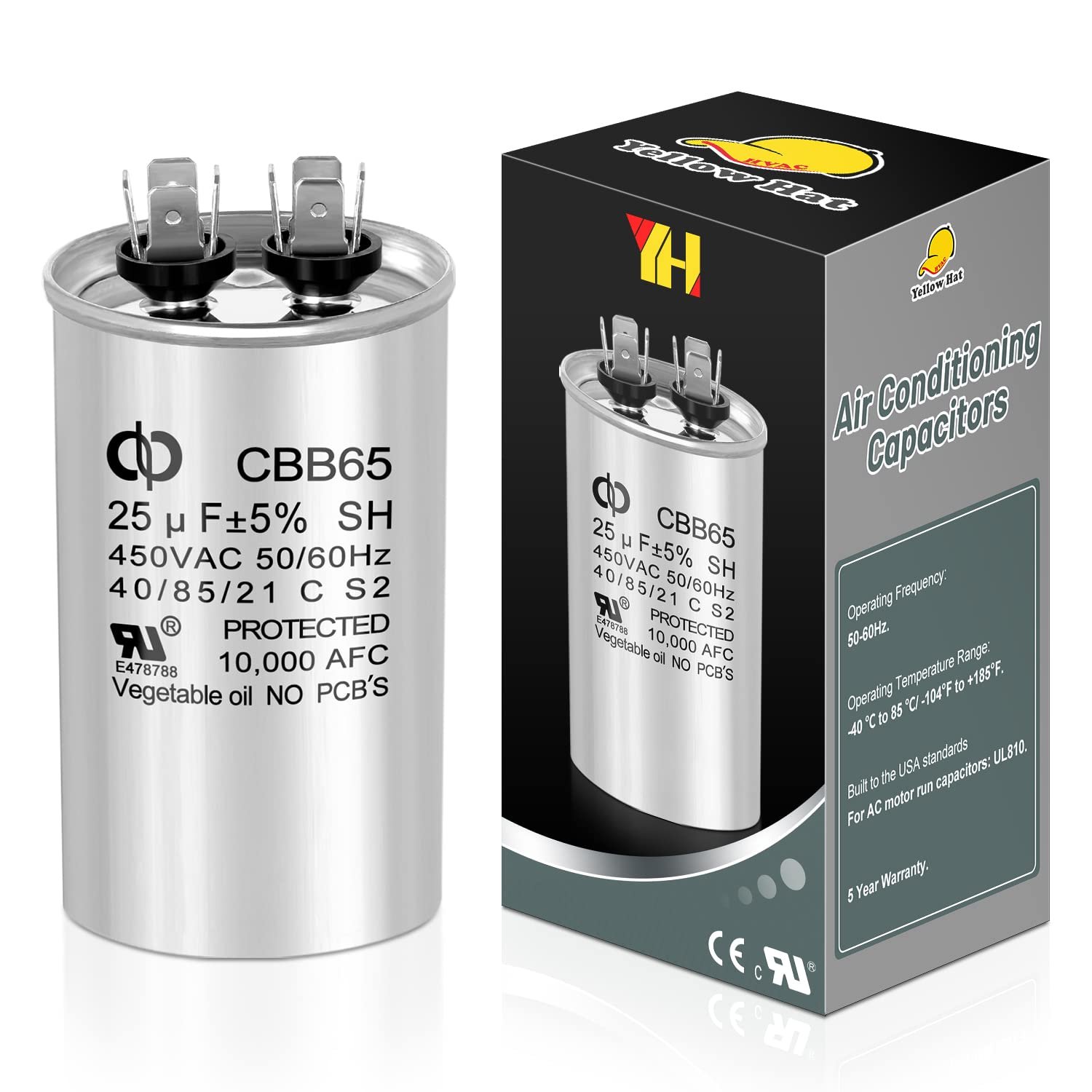
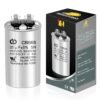
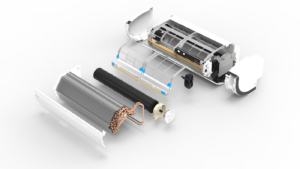
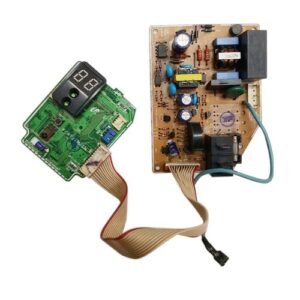
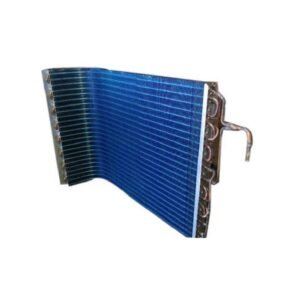
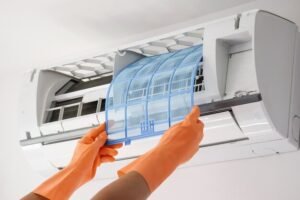
Jayesh (verified owner) –
I’m very impressed with the warranty. It covered all necessary repairs and offered efficient support throughout the process.